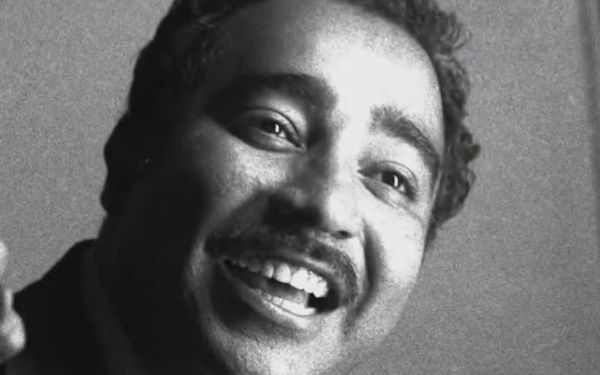New York’s political elite gathered at St. Patrick’s Cathedral on Friday to pay tribute to Charlie Rangel, the legendary Harlem congressman who passed away on May 26 at the age of 94. The memorial service drew a crowd of about 500 mourners, including Governor Kathy Hochul, Mayor Eric Adams, former President Bill Clinton, former Secretary of State Hillary Clinton, Senator Chuck Schumer, Attorney General Letitia James, and House Minority Leader Hakeem Jeffries.
“Charlie was a giant,” Hochul said during her remarks, reflecting on Rangel’s decades of public service. “He wanted to use the power of his position to do good for others. He put a glaring spotlight on his beloved Harlem and other communities that needed help.”
Hochul announced plans to rename a prominent Harlem street “Charlie Rangel Way” in collaboration with Mayor Adams, honoring the congressman’s legacy in the neighborhood he championed for nearly half a century.
Rangel’s casket, led by military guards and family members, was brought into the cathedral for the emotional ceremony. It had previously been on public display at City Hall for two days.
Senator Schumer shared a heartfelt reflection, recalling Rangel’s unforgettable voice and presence: “For me, with Charlie, it was his voice. I think of Charlie and hear it echoing in my head and heart.”
Charlie Rangel served in Congress for 46 years, representing four different districts. He rose to become chair of the powerful House Ways and Means Committee and led the House Democratic Caucus. His political journey began in 1970 when he unseated civil-rights icon Adam Clayton Powell Jr. He was part of Harlem’s influential “Gang of Four,” alongside Mayor David Dinkins, Percy Sutton, and Basil Paterson.
House Minority Leader Hakeem Jeffries described Rangel as the embodiment of Harlem pride and resilience:
“Charlie Rangel was a good man. A family man. A well-educated man. A well-dressed man. An Alpha man. An Army man. A community man. A courageous man. A compassionate man. A heroic man. A humorous man. A hardworking man,” Jeffries said. “Above all else, he was a Harlem man.”
Rangel’s deep love for Harlem and his dedication to uplifting underserved communities defined his career, leaving a lasting legacy on New York and the nation.








